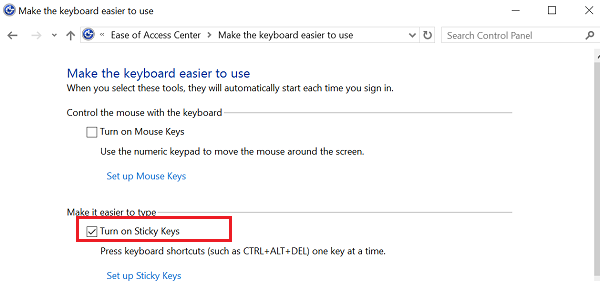
Windows key + Down arrow: Minimize selected window. Windows key + Shift + Up arrow: Maximizes the active window vertically while maintaining its width. Windows key + Up arrow: Maximize selected window.  Windows key + Home: Minimize all windows except the selected or currently active window. Windows key + Shift + M: Restore minimized windows. Windows key + M: Minimize all open windows. These shortcuts control how individual windows act on your desktop, including virtual desktops. The desktop: Windows, Snap Assist and virtual desktops Windows key + D: Show or hide desktop ( Windows key + , will display the desktop briefly). Windows key + Alt + : Open the right-click menu for the app pinned in the position on the taskbar. If the app is already open, a new instance or window will open. For example, if you have Edge pinned in the first position on the taskbar and you click Windows key + 1, Edge will open. Windows key + : Open the app pinned in the position on the taskbar. Windows key + T: Cycle through the apps (including pinned apps) on the taskbar. Windows key + X: Open the secret Start menu. Windows key or Ctrl + Esc: Open Start menu. You can use these keyboard shortcuts to open, close and otherwise control the Start menu and the taskbar. Shift + Delete: Delete selected item permanently (skip the Recycle Bin). Alt + Tab: Switch between open apps or windows. Alt + F4: Close the current app or window. Windows key + F1: Open "how to get help in Windows 10" Bing search in default browser. Ctrl + N: When File Explorer is your current window, open a new File Explorer window with the same folder path as the current window. Ctrl + X: Cut selected or highlighted item. Ctrl + V or Shift + Insert: Paste selected or highlighted item. Ctrl + C or Ctrl + Insert: Copy selected or highlighted item (e.g. Ctrl + A: Select all items in a window. You might also find it useful to know how to open programs with keyboard shortcuts in Windows 10. Here's a handy list of the most useful keyboard shortcuts for navigating Windows 10.
Windows key + Home: Minimize all windows except the selected or currently active window. Windows key + Shift + M: Restore minimized windows. Windows key + M: Minimize all open windows. These shortcuts control how individual windows act on your desktop, including virtual desktops. The desktop: Windows, Snap Assist and virtual desktops Windows key + D: Show or hide desktop ( Windows key + , will display the desktop briefly). Windows key + Alt + : Open the right-click menu for the app pinned in the position on the taskbar. If the app is already open, a new instance or window will open. For example, if you have Edge pinned in the first position on the taskbar and you click Windows key + 1, Edge will open. Windows key + : Open the app pinned in the position on the taskbar. Windows key + T: Cycle through the apps (including pinned apps) on the taskbar. Windows key + X: Open the secret Start menu. Windows key or Ctrl + Esc: Open Start menu. You can use these keyboard shortcuts to open, close and otherwise control the Start menu and the taskbar. Shift + Delete: Delete selected item permanently (skip the Recycle Bin). Alt + Tab: Switch between open apps or windows. Alt + F4: Close the current app or window. Windows key + F1: Open "how to get help in Windows 10" Bing search in default browser. Ctrl + N: When File Explorer is your current window, open a new File Explorer window with the same folder path as the current window. Ctrl + X: Cut selected or highlighted item. Ctrl + V or Shift + Insert: Paste selected or highlighted item. Ctrl + C or Ctrl + Insert: Copy selected or highlighted item (e.g. Ctrl + A: Select all items in a window. You might also find it useful to know how to open programs with keyboard shortcuts in Windows 10. Here's a handy list of the most useful keyboard shortcuts for navigating Windows 10. 
The operating system comes with plenty of built-in keyboard shortcuts - including new shortcuts for the Command Prompt - for those who prefer a physical keyboard. Windows 10 was designed to cater to touchscreens, but Microsoft still gave traditional PC users plenty of features.






 0 kommentar(er)
0 kommentar(er)
